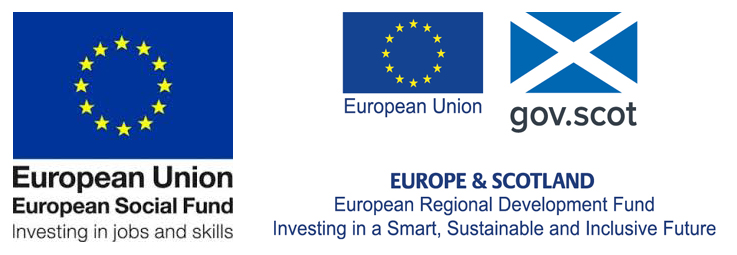Technical Resources
To assist in the design, specification and installation of building services penetrations to ensure fire compartmentation is maintained, five leading not-for-profit organisations have launched a Best Practice Design and Installation Guide, Firestopping of Service Penetrations.
The aim of the guide is to encourage all stakeholders in construction to consider firestopping design earlier in the process in order to avoid problems at a later stage in construction. It is not an installation manual but guidance to a good practice approach. The guide is broken down to provide information on actions that should be carried out during each of the stages one to seven as defined in the RIBA Plan of Work. “This document is the result of a collaboration between a number of relevant trade bodies and organisations representing the wider construction and fire safety industries, and it is an example of the collaborative working and acceptance of professional responsibility throughout the supply chain that must become a feature of the industry’s culture from now on.” Dame Judith Hackitt DBE FRENG FICHEME FCGI
TICA became involved in this original document part way through the original work as part of our ongoing collaboration with BESA – an important link to our tier 2 clients.
TICA are now fully engaged with BESA and The FIS to produce further guidance for Best Practice Guide for design and installation of insulation to metal pipes, cables and services where flanges, valves or fittings fall within the 500mm zone of a compartment wall penetration. This second document will shortly be sent out to all TICA members as part of the wider industry consultation before finally publishing the document formally into the public domain.
TICA – Our Carbon Reduction Commitment
The science is clear – we must halve greenhouse gas emissions by 2030 and achieve net zero emissions by no later than 2050 to avoid the worst effects of climate change. TICA, the Thermal Insulation Contractors Association, have pledged to reduce our own carbon emissions and join the UN Race to Zero via the SME Climate Hub:
TICA have also joined the Construction Leadership Council CO2nstructZero initiative as a Partner:
Net Zero Carbon will be woven into our business strategy. Below, we will outline our commitments to Net Zero Carbon in three key areas
1. Reducing our own emissions
2. Reducing Value Chain Emissions and
3. Promoting good practice in the wider industry.
When it comes to proactive carbon reduction steps TICA should lead by example. In 2021 alone, TICA have invested in the following low carbon initiatives at TICA House:
Installation of Solar PV panels
Installation of 6 x EV charging points to encourage and enable the uptake of electric cars
Replacement of Hand Dryers with fast and energy efficient models
TICA have also launched a staff Environmental Group which will be looking at further ways in which we can to improve our environmental behaviours and reduce our carbon footprint. We will be monitoring and measuring the results of our various carbon reduction initiatives – this will help us to establish where we are in our journey to net zero and help guide further business decisions going forward.
TICA very much hope that our own carbon reduction steps will prove informative for our members who wish to start their own carbon reduction journey.
Having a Carbon Reduction strategy is no longer just a “nice to have” for thermal insulation contractors. Contractors bidding for public sector contracts above £5m will need to have published a Carbon Reduction Plan to be included in the tender process – these contractors will need to show that they are leading by example with their own supply chains and will be expecting similar commitments for their sub-contractors.
Thermal Insulation product manufacturers and distributors also have a key part to play, both in terms of reducing the embodied carbon associated with their products and implementing policies that encourage circularity and waste reduction.
TICA will champion good practice and amplify the carbon reduction initiatives taken by our members.
Promoting good practice in the wider industry
Thermal insulation will play a significant role in the reduction of carbon emissions. Space heating of buildings contributes nearly a quarter of the total carbon footprint for the United Kingdom – in the drive towards net zero carbon in buildings, thermal insulation needs to be considered as a key factor and not an afterthought. In this case, good practice will result in a classic win-win scenario with end users benefiting from improved energy performance and responsible thermal contractors benefitting from strong specifications that discourage the “race to the bottom”.
The biggest obstacles we have to overcome are ignorance and inertia. TICA will be making sure the thermal insulation industry is heard and will work to overcome inertia and ignorance when we encounter it. We will continue our work at policy level and make sure that the thermal insulation industry is heard.



